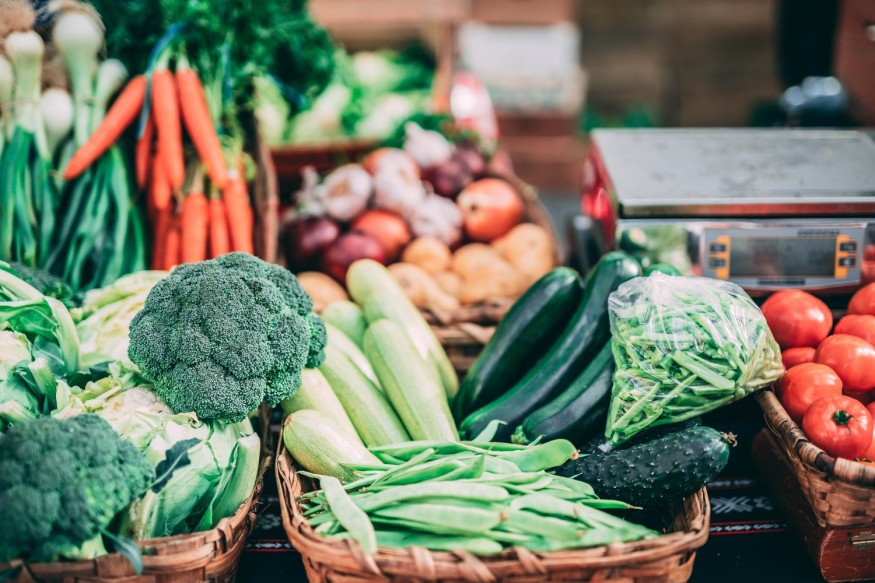
If you have a strong aversion to eating vegetables, do not worry. It might not be your fault at all, but your genetics.
According to Valerie Duffy, an expert in the study of food taste, preference, and consumption, some people are born "super-taster," but unlike what its name might suggest, these are the people who are extremely sensitive to bitter taste.
Most dark green and leafy vegetables like broccoli and Brussels sprouts are characterized for their bitterness. And since many people have a tendency to generalize, these persons who have "bitter gene: might end up hating vegetables in general," said Duffy, who is also a professor at the University of Connecticut.
As proof, a study presented on Monday at the annual meeting of the American Heart Association claimed that super-tasters are 2.6 times more likely to refrain from eating vegetables compared to those who are not.
How Does It Work?
There are five basic flavors: sweet, salty, sour, bitter, and umami or the meaty flavor created by an amino acid called glutamate. The 25 taste receptors react to these flavors.
The research talked about the receptor called TAS2R38, which is a receptor for bitter taste. According to the researchers, it has two variants: AVI, which perceives the taste as bit sweeter, and PAV, which is highly sensitive to bitter taste.
Around 50% of our population have both. Then, the remaining population was divided into two, with one part getting AVI while the other half only have PAV. And PAV are those which the scientists called super-tasters.
The bitter taste of the vegetables serves as a protection to stop the animals from eating them.
The Growing Problem of Obesity
Vegetables play an important role in weight and health maintenance, Duffy said. She also added that refusal to eat these nutrients powerhouse foods worsens the obesity problem.
Among the vegetables, cruciferous groups like broccoli and kale are considered as the healthiest. Aside from its low-calorie content, it is packed with vitamins A and C, is rich in fiber, and has an anti-inflammatory compound called phytonutrients.
Too bad, many people reject it due to the bitter taste. And this is why some food scientists are developing methods to reduce their bitterness. For instance, through cross-pollination, growers were able to produce sweeter Brussel sprouts.
But it doesn't really have to be complicated. Duffy said that even simple cooking technique will allow super-tasters to enjoy their most detested foods. Some of her suggestions are adding a little amount of fat or sweetness, and using strong flavors like garlic. She also claimed that roasting will block the bitter taste and can bring out the natural sweetness of the veggies.
In 2016, the Centers for Disease Control and Prevention reported that 39.8% of adults and 18.5% of youths in the United States are obese.
Although over-indulgence and sedentary lifestyle are the main factors, obesity researcher Dr. George Bray said that it is not the absence of willpower and self-discipline but a biological problem. He described it as "genes load the gun, and the environment pulls the trigger."
© 2026 NatureWorldNews.com All rights reserved. Do not reproduce without permission.





